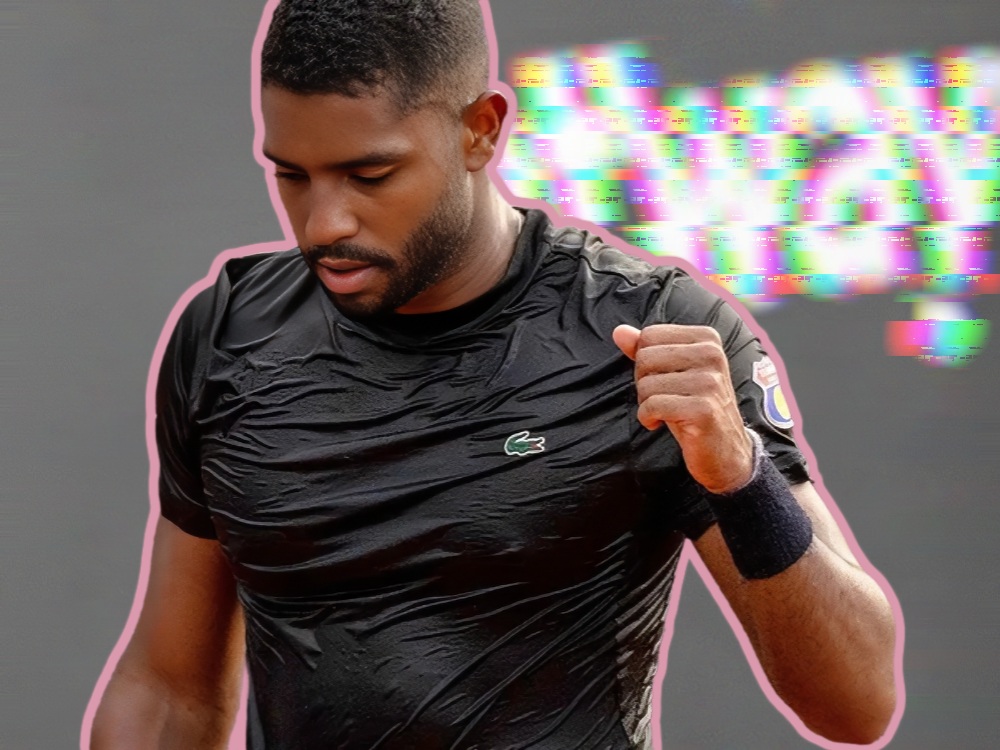Just weeks after a major legal victory for lesbian rights in Italy, openly gay footballer Elena Linari has made history for LGBTQ visibility in sport.
Linari, who plays for Italy’s women’s national football team, wore a rainbow captain’s armband during Italy’s UEFA Women’s Euro 2025 group-stage match against Spain, becoming the first captain of an Italian national team to make this powerful show of inclusivity.
While Linari embraced the symbol, France’s national team, despite discussing a similar gesture, ultimately chose not to wear the rainbow armband during their final group match — a decision that drew some disappointment across the LGBTQ+ sporting community.
Pride Returns to the Pitch
The Women’s Euro 2025, held in Switzerland, has seen a notable resurgence of LGBTQ visibility, with several team captains proudly wearing rainbow armbands — something previously banned at recent FIFA World Cups.
FIFA had outlawed Pride symbols at the 2022 men’s World Cup in Qatar and again at the 2023 women’s tournament in Australia and New Zealand. As a result, rainbow armbands hadn’t been seen at a major international tournament since Euro 2022 in England.
This year, UEFA offered team captains a choice between three “Respect” armbands: dark blue, luminous green, or rainbow.
On opening night, Switzerland’s Lia Walti and Norway’s Ada Hegerberg chose Pride colours, followed by fellow Group A teams Finland and Iceland. In Group C, Sweden, Germany, and Denmark also sported rainbow armbands throughout all group games. Poland, however, opted for green.
In Group D, Wales captain Angharad James-Turner, representing the tournament’s most openly LGBTQ squad, unsurprisingly wore the rainbow. England’s Leah Williamson, who wore it while lifting the Euro 2022 trophy, did the same.
Italy’s usual captain, Claudia Girelli, had worn blue and then green in earlier matches. But when Linari was named captain against Spain, she chose to complete the set with the rainbow armband.
When asked about her choice by broadcaster Rai, Linari responded:
“I think it’s a form of respect and openness to whatever may come. Our stances are always very beautiful.”
The 31-year-old defender has been publicly out since 2019 and has long used her platform to advocate for change. In 2023, she joined over 130 international women’s players in opposing FIFA’s sponsorship deal with Aramco, a Saudi oil company, citing the oppression of women and lack of LGBTQ rights in the region.
France Declines to Follow Suit
Ahead of France’s final group match against the Netherlands, media inquiries asked if their captain would follow Italy’s lead.
French coach Laurent Bonadei seemed caught off guard, stating:
“We were not aware of this UEFA initiative… It is an oversight and we only learned this Saturday. We’re going to talk about it between us.”
While Germany’s Giulia Gwinn said her country had to request permission from UEFA to wear the rainbow, France ultimately opted for blue.
Sandie Toletti, France’s stand-in captain and one of at least 78 openly LGBTQ players in the tournament, had hinted the team would consult internally. She scored the opening goal in France’s 5–2 win before leaving with an injury.
Later, veteran player Griedge Mbock told media:
“We have a group that truly represents all possible causes: it is multicultural, multi-religious, with different sexualities.
It is not an armband that will define the causes that we want to defend.”
While some may view France’s decision as a missed opportunity, the tournament remains a celebration of visibility. At least 41 out LGBTQ players are still competing in the knockout stages.



























